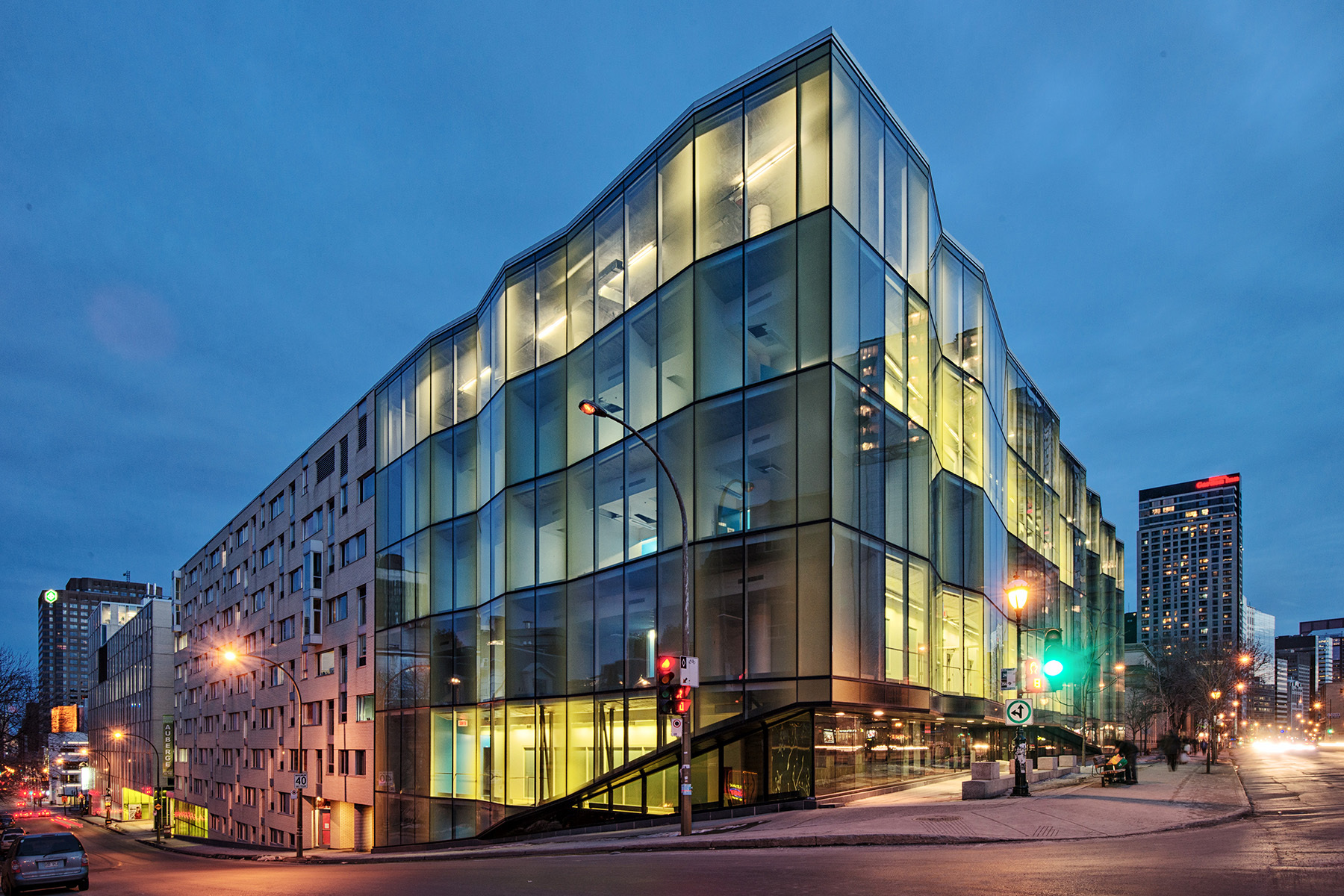Regarding turning your vision into existence, selecting the right architect is a crucial first step in building your dream. Regardless of whether you are designing a new home, renovating an existing space, or embarking on a commercial project, the architect you choose will play a significant role in guiding the process from concept to completion. This decision can substantially affect not only the visual appeal of your project but also its practicality and overall success.
Understanding what to consider when hiring an architect can conserve you time, funds, and anxiety. With so many choices available, knowing how to evaluate potential candidates is essential. From assessing their past work to assessing their way of interacting, there are several key traits and qualities that can help you discover the ideal match for your requirements. In this article, we will explore the crucial factors to think about, the queries you should pose, and the warning signs to watch out for, making sure that you have all the information necessary to make a smart decision.
Key Qualities to Look For
When an architectural designer for your project, one key aspect to keep in mind is the architect's experience. An experienced architect offers valuable insights gained from past projects that can greatly assist your vision. Seek out someone who has an impressive portfolio that demonstrates a variety of styles and project types. This will give you confidence in their skill at adapting and innovate according to your specific needs.
In addition to experience, strong communication is a crucial trait to seek in a designer. It is important to have someone who will consider your concepts, offer useful feedback, and ensure you are updated at each phase of the design process. Effective communication fosters a collaborative environment and ensures that your vision is translated accurately into the architectural plans. A designer who prioritizes openness and responds well to your inquiries will simplify the process and enrich the experience.
Finally, evaluate their capacity for problem-solving. Architectural projects frequently face unexpected issues, and a good architect should be adept at finding solutions that meet your objectives. Request information on past challenges they confronted and how they managed those situations. Their capability to handle problems innovatively and effectively can have a considerable impact in the overall success of your project.
Essential Inquiries to Ask
When hiring an architect, it's important to ask the appropriate questions to assess their suitability for your design plan. Start by inquiring about their background with designs similar to yours. Ask specific questions about their past work and relevant past work to grasp their style and skills. This will help determine if their design philosophy aligns with your ideas, making it easier to collaborate on your dream home.
Another key question revolves around their creative approach and development management style. Find out how they handle the design process, timelines, and budget constraints. Understanding their interaction methods and the frequency with which they provide updates will give you insight into what to expect throughout the project. A good architect should be transparent about their workflow and ready to adapt to your needs.
Lastly, don't forget to address fees and payment structures. Office space construction Washington DC to have understanding on how they bill—whether it's a flat fee, a percentage of the total cost, or hourly rates. Ensure you also ask about any potential extra costs that may arise during the project. This financial transparency will help avoid misunderstandings and ensure you're fully informed before committing to their services.
Red Flags to Avoid
When hiring an architect, it's crucial to be aware of likely red flags that could indicate issues later on. One major warning sign is a absence of clear communication. If the architect struggles to articulate their ideas or does not respond in a timely manner to inquiries, this can lead to misunderstandings in the course of the project. Office space construction Washington DC is paramount to ensuring that your vision is understood and executed accurately.

Another red flag is a portfolio that does not have a range or appropriate experience for your specific project type. An architect should ideally have a range of completed works that showcase their skills and versatility. If their previous projects resemble each other in a similar way or do not align with your vision, it may indicate a limited creative approach or a lack of experience in dealing with complex requests.
Finally, be cautious of an architect who does not seem to focus on your needs or shows reluctance to discuss financial considerations and timelines. If an architect avoids these essential conversations or pressures you to make quick decisions, this could signal a disregard for your goals and constraints. A good architect should participate in thorough discussions about your project needs and provide clear, practical expectations.
